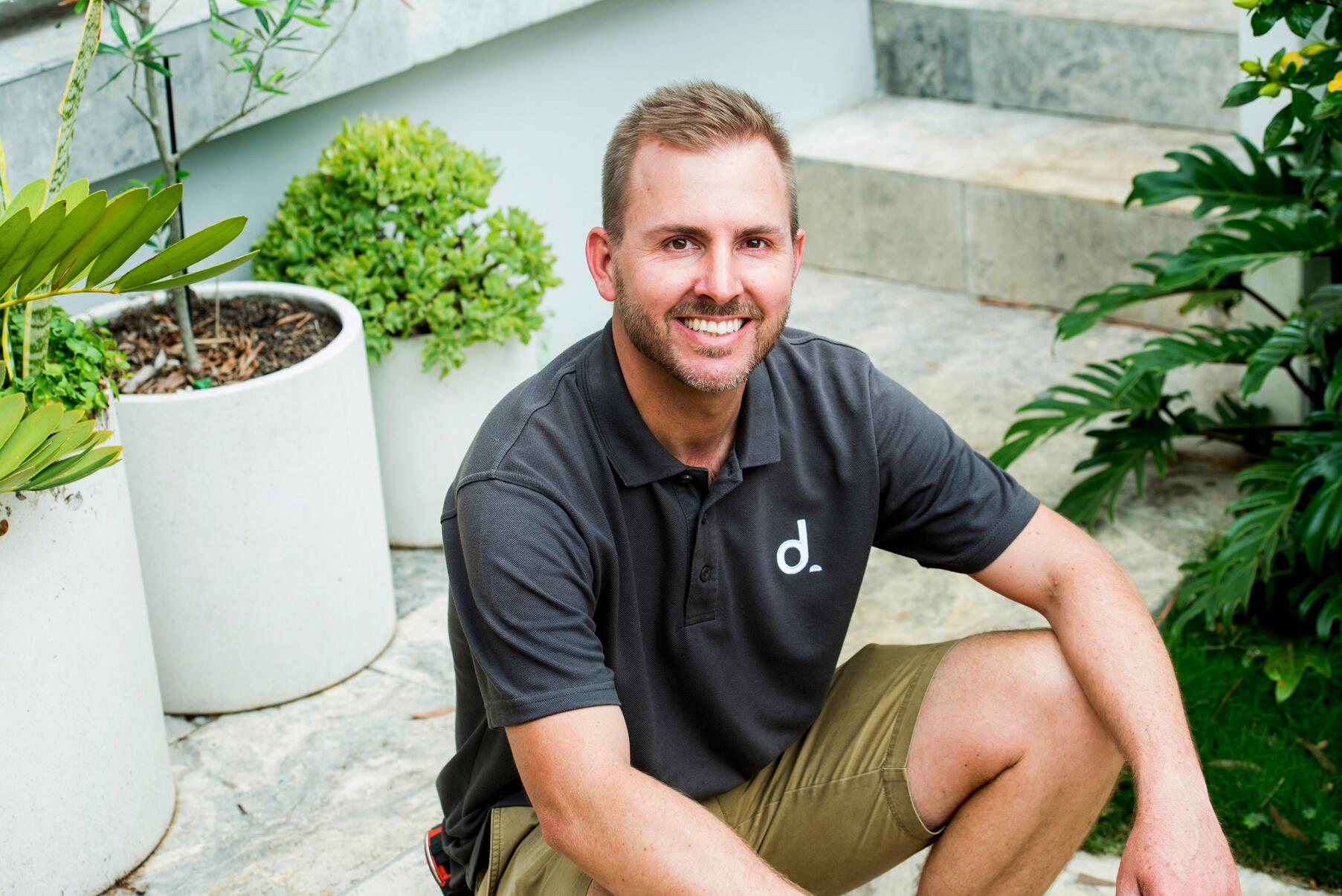
5 minute read
Definition Landscape & Design - It's All About Respect
LQ members since 2012, Director Joseph Nagel of Definition Landscape & Design recently shared some of his insights and experiences on fostering team culture. His team has grown to 14 during his decade in business and as is often the case in small businesses, includes members of the family
“I also encourage our guys to think that my client is ‘their client’ - I want the construction manager and leading hand through to the apprentice or labourer saying hello and giving them a smile. Generally, this is reciprocated by our clients which makes for a nice place to work for our guys, who know they're appreciated by the home owner too. I think that it’s important too that clear, honest, open conversations around pay rates happens at all times, as well as making room for growth and development with commensurate pay increases which support career progression,” he went on to say.
We asked Joe what he thought motivated his team. “I think they are motived by an enjoyable, safe, supportive work environment, where they're valued and respected. I think the guys understand that they're valued personally by me, and each one is an important part of our team within their different roles/levels,” Joe said. “Two-way trust is also vitally important. I rely heavily on our guys to represent me, which isn't necessarily easy or natural for them I put a lot of trust in them (how they relate with my clients, how they relate with our subbies, how they use my equipment, how they look after my sites, how they follow specific instructions, how they use my vehicles/storage shed, etc) and I work hard on developing that mutual trust. Both they and I make mistakes, work through them (rather than throwing the baby out with the bathwater) and over time a stronger, more understanding relationship is built I think.”


Photos: Definition Landscape & Design and LQ
In a small team, it can be tricky to manage strengths and weaknesses. Joe believes that career progression is extremely important to team harmony. “I'm trying to create spaces for everyone in line with their experience, skillset, motivation, and expected career trajectory. I expect time and loyalty from the guys to be able to offer this, but when they do commit in this way, it becomes easier to work out who they are, where they're going, how to get them there...and hopefully keep them for a long time!” he said.
Joe also feels training is important. “Professional development, where our team know that I'm investing in them, to see them bettered in their skillset or knowledge regardless of if they stay with me or not. I benefit from more rounded, useful team members and they know that


Joe tries to be available as much as possible despite the challenges of running a small business and juggling a young family “Time is an issue, with so many people wanting your attention. I make myself available to our whole team, from admin and leadership members through to apprentices and labourers, however I do prioritise availability to our leadership team (and specifically current projects/clients) and encourage our team leaders to in turn support the guys that answer to them. If an apprentice calls though, I'll take their call and chat through their question if I'm in any position to do so,” Joe said.
pride in the finished outcome. Our projects are generally quite technical, require a lot of problem-solving, and are outdoor lifestyle oriented with a beautiful finished aesthetic. I'm proud of our completed jobs, as are our clients typically, which also instils a sense of pride in our guys - they take a lot of ownership of the quality of their personal work and their team's work and attach themselves to the finished garden. Projects like this keep them on their toes, learning, developing, improving, growing in their skillset and career path. They're not often bored - more likely they crave a simple mundane job here and there to give the brain a rest,” he said.
“I encourage feedback from my team and regularly ask them what they think about a given topic, question or issue and I believe they generally feel free to respond openly or indeed initiate a conversation We have a monthly team meeting and constantly discuss how we can improve or solve problems so we can do it better next time. It’s important to continually develop and improve as individuals and as a team and that’s a culture we endeavour to foster at Definition,” he went on to say
Finally, when asked about his communication style Joe thinks he doesn’t have a particular style but always tries to be honest, open and straightforward avoiding ‘grey’ areas or ambiguity and most importantly, respectful. With an original professional background in teaching, it’s no wonder Joe puts a lot of emphasise on training and development for his team.


